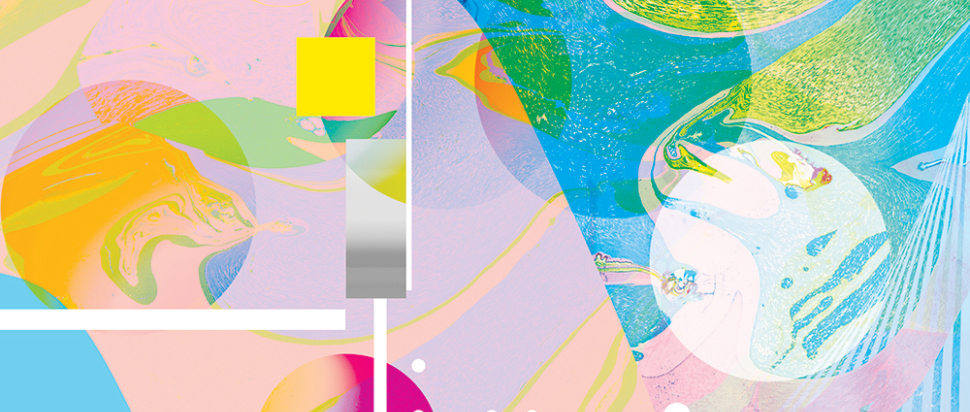Community Circles: On Transitioning and Community
One writer explores how LGBTQ+ communities and spaces change during transitioning
About five years ago I came across a zine called something like Dead Clubs of London. The concept was simple: a black and white A-Z of all the LGBTQ+ venues that had closed down since the early 2000s. A small picture of the venue, a little blurb about the type of place it was – a graveyard of my (lesbian) youth.
Fast-forward a bit and I come out as trans. A whole host of spaces that were once available to me are suddenly closed off: can’t go here, don’t fit its demographic any more; can’t go there, that’s asking to be misgendered. Some places just became unsafe. I now had my own personal list of dead spaces to go along with my deadname.
The first year of transition was the hardest, partly because this loss of physical spaces translated into a loss of community. I felt completely alienated from the life I’d led before, kicked out of the essentially separatist circles I’d grown up in.
Recently, I went to a workshop with artist and performer Travis Alabanza, where they brought up the idea that sometimes a room where everyone is supposedly the same as you can make you feel the most alone.
Trans-centred spaces are few and far between, often underfunded, infrequent, led by a handful of exceptional individuals. A lone club night, a meet-up every two months, a weekly activity that closes down as quickly as it started up. Essentially, precarious.
My perception of community needed to change. I left London and its graveyard associations and moved to Edinburgh, started from scratch. I joined an intergenerational LGBT choir, a queer basketball team, started volunteering. Now, community just means people with similar goals. These bonds don’t have to come from much, it can be as small a commonality as playing the same sport for 45 minutes, living on the same street, working the same shitty job.
It took being excluded for me to realise how important it is to form mixed communities, to be aware of who isn’t in the room with you, and to ask why. The most homogenous groups are frequently the most fragile, the most policing, the most anxious about respectability. At first, transition made me feel incurably isolated, but as time passes I realise it’s taught me to seek commonality, to imagine 'community' beyond separatism, and to feel a little bit less alone through it all.
